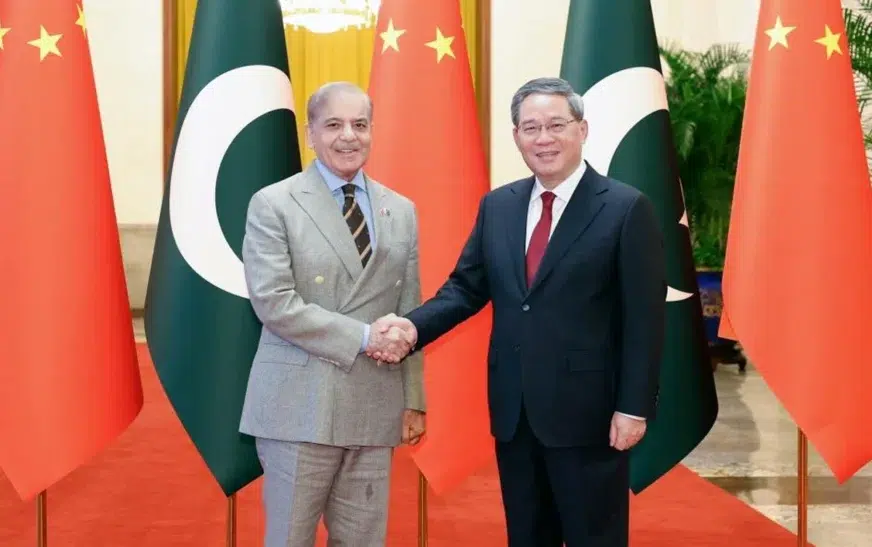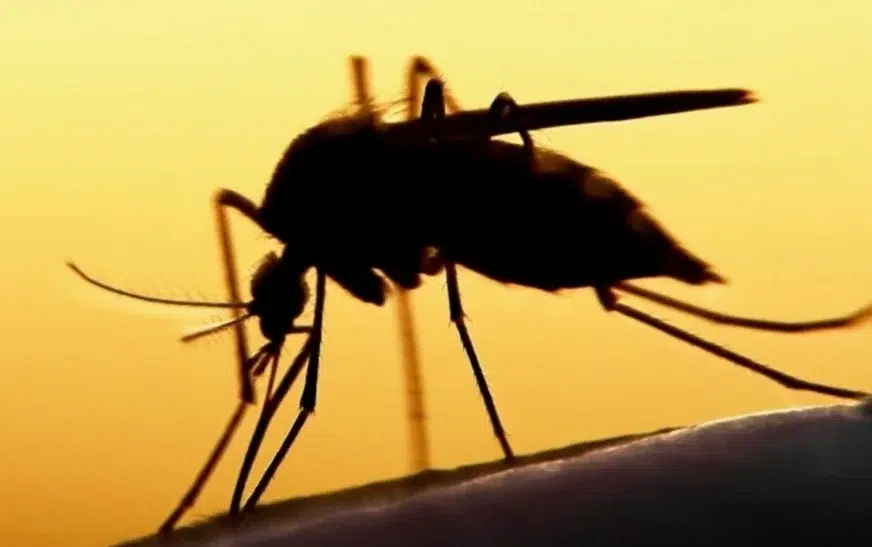The Ministry of Foreign Affairs has issued a joint statement between the Islamic Republic of Pakistan and the People’s Republic of China.
This statement was released following the official visit of Chinese Prime Minister Li Qiang at the invitation of Pakistani Prime Minister Muhammad Shahbaz Sharif from October 14 to 15, 2024.
During the visit, Prime Minister Li Qiang met with Prime Minister Shahbaz Sharif, President Asif Ali Zardari, Chairman of the Senate Yousuf Raza Gilani, and Speaker of the National Assembly Sardar Ayaz Sadiq. Both sides discussed in detail the strengthening of Pakistan-China relations, promoting practical cooperation in various fields, and addressing mutual interests.
The statement highlighted that the relationship between Pakistan and China has stood the test of time and is firmly established. Significant progress has been made in the strategic partnership between the two countries since the historic visit of Chinese President Xi Jinping in 2015.
Both nations reiterated their commitment to supporting each other’s core interests. Pakistan announced its support for the One China principle, while China committed to cooperating in defending Pakistan’s national sovereignty and security.
During the visit, both parties agreed to upgrade the China-Pakistan Economic Corridor (CPEC) to meet modern requirements and make progress on the Karachi-Hyderabad railway project.
They also expressed their determination to enhance practical cooperation in mutual trade, investment, energy, agriculture, and other sectors, with Pakistan welcoming Chinese companies to invest in its special economic zones.
China appreciated the financial assistance for Pakistan’s economic stability, while both parties agreed to strengthen cooperation in health, education, culture, and youth exchanges.
After the visit, both sides signed 13 agreements for cooperation in areas such as CPEC, currency exchange, agriculture, science and technology, and more. Pakistan and China emphasized the need for joint efforts to deepen international cooperation and address global challenges.















